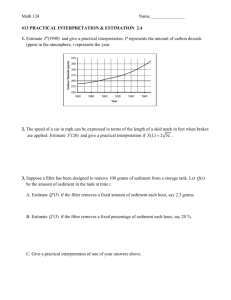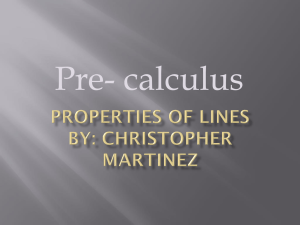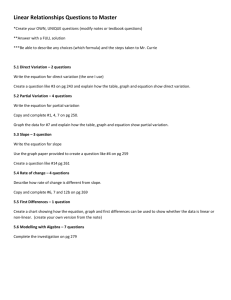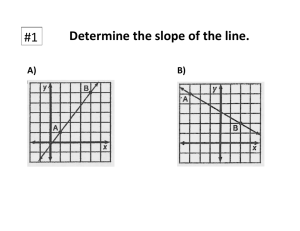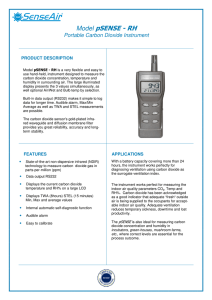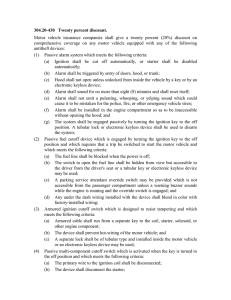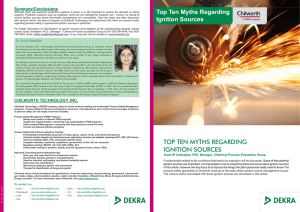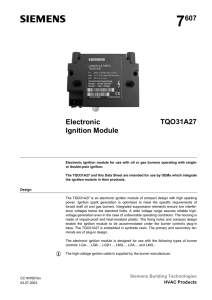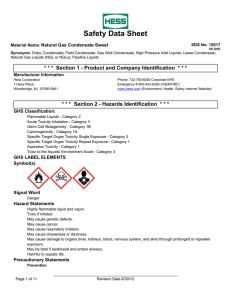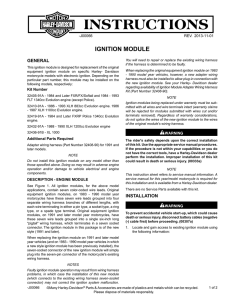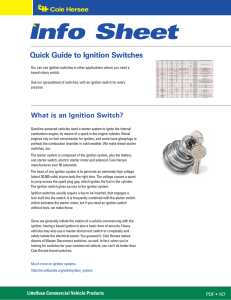DERIVATIVE REPRESENTATIONS (2.2 & 2.4) NAME____________________________
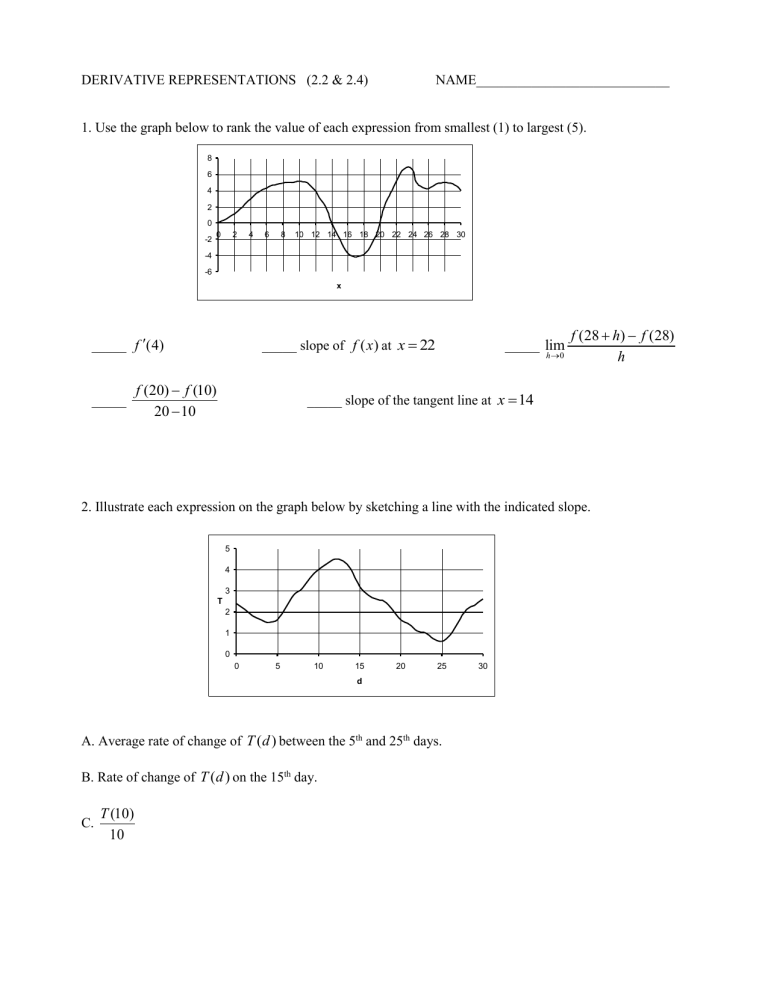
DERIVATIVE REPRESENTATIONS (2.2 & 2.4) NAME____________________________
1. Use the graph below to rank the value of each expression from smallest (1) to largest (5).
8
6
4
2
0
-2
-4
-6
0 2 4 6 8 10 12 14 16 18 20 22 24 26 28 30 x
_____ f
(4) _____ slope of ( ) at x
22 _____ lim h
0 f (28
f (28) h f (20)
f (10)
_____ _____ slope of the tangent line at x
14
2. Illustrate each expression on the graph below by sketching a line with the indicated slope.
T
3
2
1
5
4
0
0 5 10 15 d
20 25 30
A. Average rate of change of
B. Rate of change of ( )
( ) between the 5 on the 15 th day. th and 25 th days.
C.
T (10)
10
3. P represents the amount of carbon dioxide (ppm) in the atmosphere and t represents the year.
Estimate P
(1940) and give a practical interpretation.
370
350
330
310
290
270
250
1860 1880 1900 1920
Year
1940 1960
4. The speed of a car in mph can be expressed in terms of the length of a skid mark in feet when the brakes are applied. Use a difference quotient with h
0.0001
to estimate S
(20) and give a practical interpretation if
( )
2 5 L .
5. L is the light output (millions of lumens) and t is the time after ignition (milliseconds) of a No. 22 light bulb. Estimate L
(35) and give a practical interpretation.
Time after ignition 0 5 10 15 20 25 30 35 40 45 50
Light output 0 0.2 0.5 2.6 4.2 3.0 1.7 0.7 0.35 0.2 0
